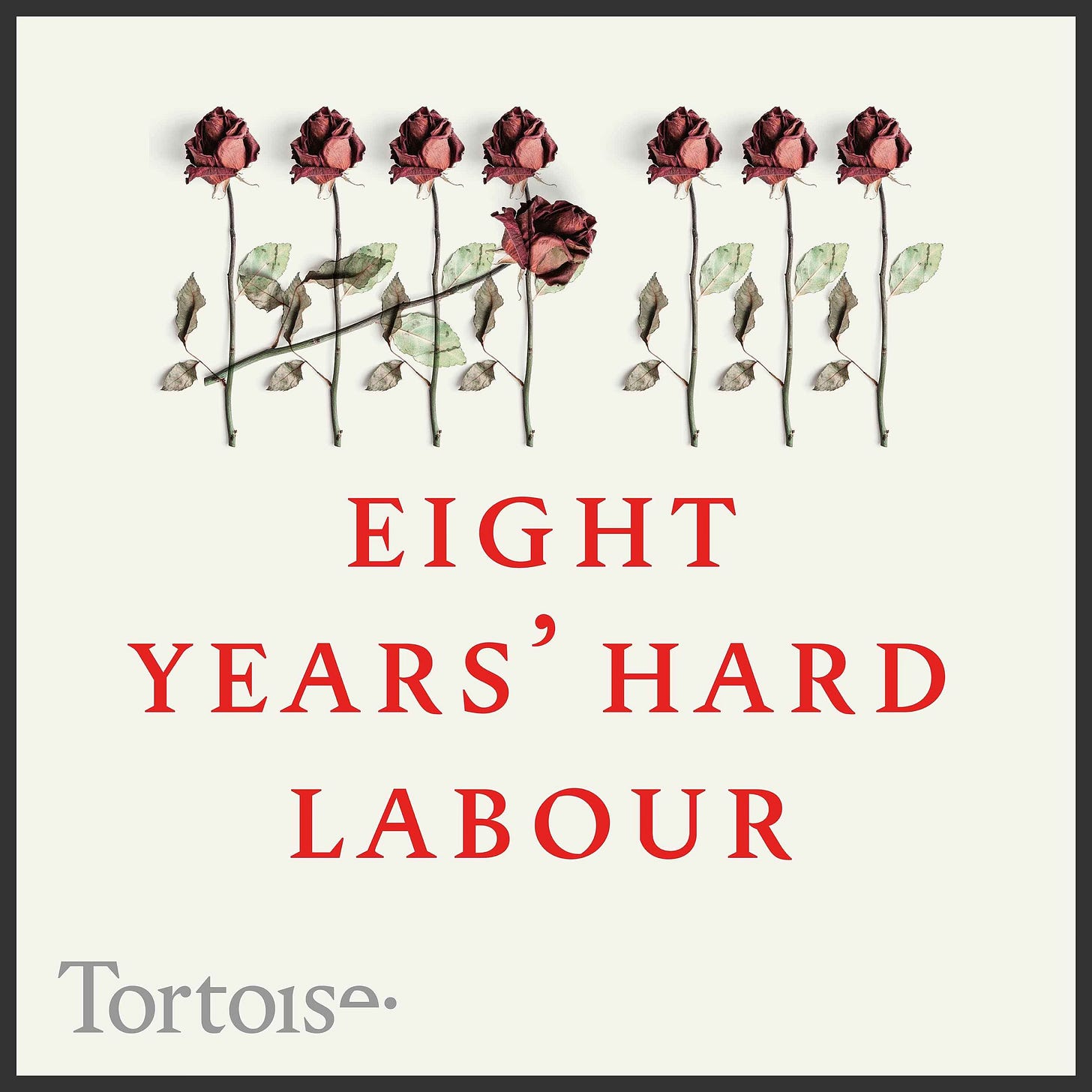The tricky birth of the next prime minister
What Starmer will inherit and what he may do with it
“So”, said Peter, “my question for this week is whether Keir and the team are preparing for government, or only thinking about how to get elected”. Peter and I have been around for a while. We’ve seen Labour leaders come and go. We’re old enough to have been personally saddened in the last week by the deaths first of Labour’s last chancellor of the exchequer Alistair Darling and then of Glenys Kinnock. And this may seem like a bit of nostalgia, but when I compare them and their values to what has been governing us for so long, I feel doubly bereft. Labour people rarely suffer from entitlement; they understand from experience that they usually govern on sufferance.
Back to Peter. This was no stupid question he was asking. Of course we both know that if you don’t get elected, you don’t get to govern. Nevertheless the day after you win an election outright you immediately ARE the government. Removal vans and all that. From that moment it’s down to you, so you’d better have a pretty clear idea what you are going to do and how you are going to do it. His question therefore, was how much thought did I estimate was - right now - going into what they need to do in power.
In episode three of Eight Years’ Hard Labour (the audio series that I was part of and that has just been released by Tortoise Media) Jeremy Corbyn’s Director of Policy, Andrew Fisher, describes how before the 2017 election campaign the Leader’s Office was approached by the head of the civil service to initiate the traditional contacts between the Opposition and the service. The polls were so bad for Labour at the time that these contacts felt to Fisher to be a matter of courtesy rather than substance. But as the polls narrowed substantially these contacts were renewed, and this time with some urgency.
You can imagine then what ought to be going on now. By law the next election campaign will have had to have begun around about this time in 2024 at the very latest. The odds are that it will happen sooner - my best money is on next October. Last week the Times ran a story that the head of the civil service, Simon Case - before going on medical leave - had asked Rishi Sunak for permission to “formally authorise pre-election talks” between Labour and the cvil service. The report went on:
These talks normally take place between a year and six months before an election and allow officials to begin working up policies based on the priorities of what could be the incoming government.
Sunak is said to have rebuffed his proposal amid fears that it would send a signal to Whitehall that an election was imminent and result in officials “downing tools” and prioritising planning for the next government.
A Downing Street source did not deny that the men had spoken but insisted that Sunak had not blocked the plan, claiming it was a matter for the cabinet secretary and that Labour had to formally ask for access talks to start.
Whichever version is right, the fact is that the timing of this process is being discussed. As it should be. My very first Substack post here 8 months ago was an essay about the persistent wrong-headedness of the “Sunak’s path to election victory” narrative that was then fashionable among the commentariat.
You will recall that much of this was based on the assumption that the Rwanda policy would by next year be seen to be working and so, together with the fall in inflation, would provide a “competence” platform to go to the country with. But there was never any chance of this happening and instead the gap between Conservative aspirations to “stop the boats” and cut net inward migration on the one hand, and reality on the other has simply made Sunak look ineffectual. Labour remains a long way ahead in the polls.





